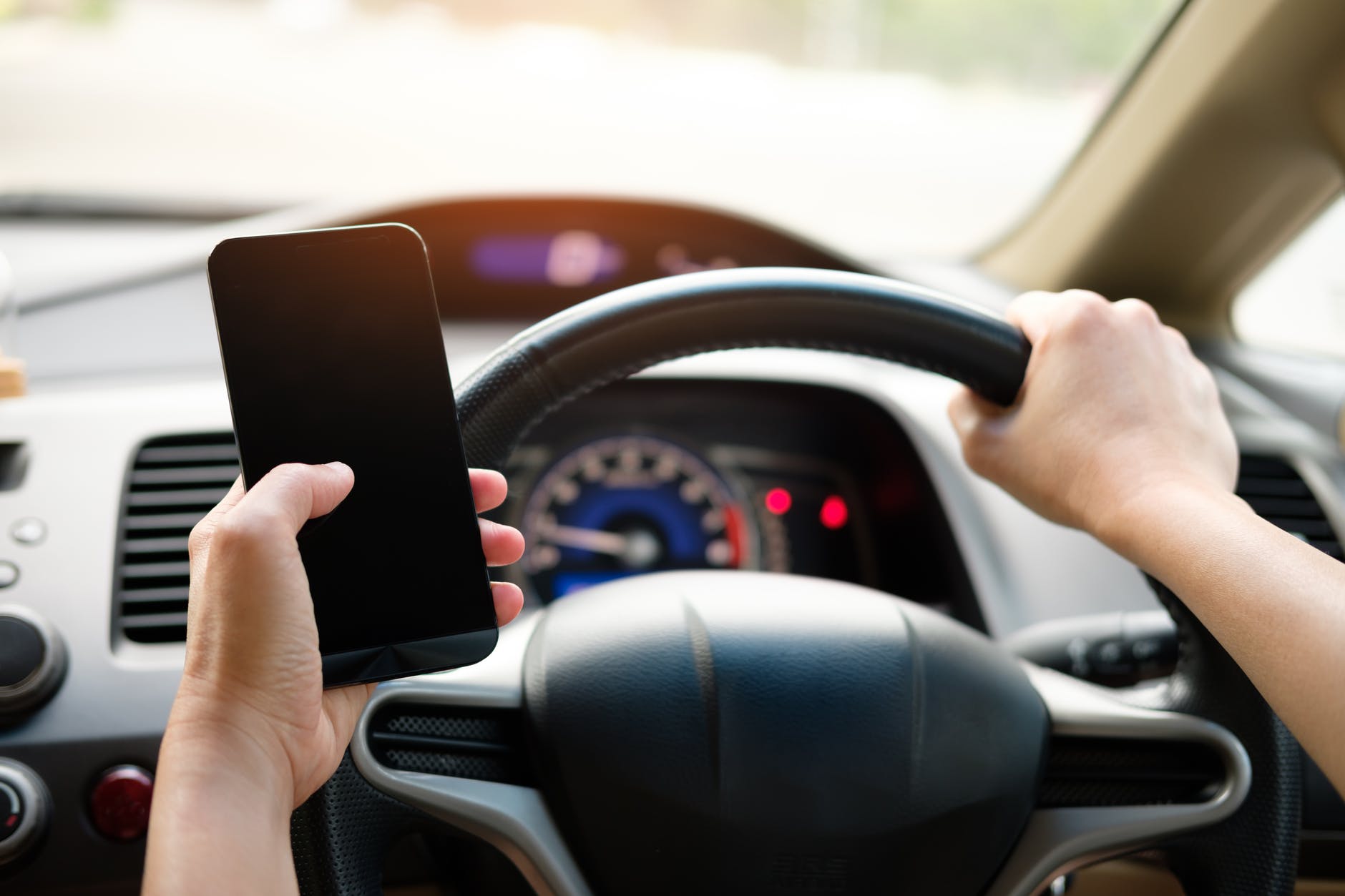- Free Initial Consultation: (954) 761-3641 Tap Here To Call Us
Florida Injury Lawyers: New Texting-Driving Law May Lead to Fewer Crashes

Florida’s new texting-and-driving law holds the promise of potentially safer roads throughout the Sunshine State. After years of pushing by public safety advocates – first for the original state texting-and-driving law and then to amend that law to make it a primary offense – Florida has a brand new distracted driving statute.
The new measure, which went into effect July 1st, allows police to initiate traffic stops on the sole basis of observing a driver who is texting. Previously, law enforcement could only issue citations for texting-and-driving if the driver was stopped on the basis of another suspected offense.
Although this move is to be commended, Fort Lauderdale personal injury lawyers recognize Florida is among the last states to take this action.more
A separate measure banning the use of handheld cellphones in school and construction zones begins October 1st. Both this and the texting-while-driving law have a grace period ending January 1st, during which violators will merely be warned instead of ticketed. Authorities call this an “education period.”
Even so, the fact that authorities now have a stronger basis on which to initiate traffic stops hopefully means more motorists will be paying closer attention to the pavement than their phones. Those violators who aren’t deterred and accrue multiple offenses may soon find themselves paying higher insurance premiums and potentially without a license. In either case, these moves are expected to prevent South Florida car accidents and potentially save lives.
The Threat of Texting Drivers in Florida
Although it’s technically not all “texting,” per se (emailing, playing games, watching clips, taking photos – all that counts too), distracted drivers pose a deadly threat. In just 2016 alone, distracted driving caused more than 50,000 Florida car accidents and resulted in more than 230 deaths, according to the governor’s office.
According to insurance analytics firm The Zebra, 14 percent of fatal crashes involved cell phones in 2018 and 14 percent of distracted driving deaths were attributed specifically to smartphone use (as opposed to other forms of distraction). The firm calculated that more than 4,630 people died in motor vehicle accidents that year as a result of cell phone use, and texting while driving was deemed six times more deadly than even drunk driving, which kills 10,000 in the U.S. every year.
A person using a smartphone – hands-free or not – will have a delayed reaction time that is equal to a person operating a vehicle with a blood-alcohol concentration of 0.08 – the legal limit in Florida.
Fort Lauderdale car accident lawyers know that proving distraction in these cases can be difficult because unlike alcohol, no chemical test conducted at a crash scene will reveal whether a driver was using a cell phone. What we can do is analyze cell phone activity data and compare it to what we know to be the actual or estimated time of the crash in question.
Understanding Florida’s New Texting and Driving Law
During the “transition” grace period, a driver can rack up an unlimited number of texting-and-driving warnings without any real impact to his or driving record. However, it’s likely that motorists warned for multiple violations will have committed other traffic offenses for which they are cited. It’s still possible that insurers could take note if they catch wind of these violations, which often come with substantial hikes in car insurance costs. Motorists will still technically be permitted to talk on their cell phones while they are driving – but it’s not recommended. The exception will be the provision that pertains to school and construction zones where active workers are on site.
Drivers are permitted to tap their phones while driving (i.e., to answer a call) while the vehicle is in motion, so long as they don’t hold it, but even this doesn’t apply in construction areas and school zones. Motorists can still text while they are stopped at a traffic light or toll booth because law enforcement are only allowed to initiate a traffic stop on a driver for offenses committed while the vehicle is moving. BUT, a driver impeding the flow of traffic due to smartphone distraction can be cited.
Call Fort Lauderdale Injury Attorney Richard Ansara at (954) 761-4011. Serving Broward, Miami-Dade and Palm Beach counties. Additional Resources:
Texting and Driving Statistics 2019, Jan. 2, 2019, TheZebra.com













